
A large digital screen showing the concept "AI" at the 2024 World Artificial Intelligence Conference in Shanghai. (Photo: China News Service/ Tang Yanjun)
Artificial intelligence, or AI, is being used to decipher ancient historical scripts that were previously a mystery to archaeologists.
Historically significant scripts such as China's Bone Oracle Script or scrolls from Pompeii can now have their missing pieces filled in and translated, thanks to new technological advancements.
Archives of text previously considered too vast for humans to read can also now be processed, to reclaim lost languages from the past.
It is estimated that we have lost more than 75 percent of all languages ever spoken by humans. Often, when societies had no written language, those oral languages are lost forever. And even when societies have written languages, it is often near impossible to decipher them without finding direct translations in more familiar ancient formats, such as Greek. When this is possible, the process is often still painstaking and expensive.
Artificial intelligence is capable of storing many more languages than the human brain and may analyze patterns that appear in text to a more precise degree than is possible manually.
This means there has been a paradigm shift in the world of ancient text deciphering, both in terms of speed and accuracy.
So-called transformer models, which are the same algorithms that well-known platforms such as ChatGPT are based on, can identify ancient texts with up to 62 percent accuracy, compared to just 25 percent accuracy by human experts.
And this accuracy increases to 72 percent when they are combined with human input, an encouraging sign that a human touch will still be necessary in the future of archaeology.
The sheer amount of ancient scripts facing archaeologists in some parts of the world means AI is able to provide welcome relief.
The South Korean authorities have employed a small team of translators to decipher hundreds of thousands of articles written in Hanja, a historical written system based on Chinese characters but separate to both Chinese and modern Korean.
The translation was expected to take decades, but AI translations into Korean and English that were completed in a matter of months have uncovered an unprecedented array of historical documents for the nation. Every vibrant aspect of ancient Korean society was brought to life, from state visits to music concerts and even the gruesome punishment of traitors.
Unfortunately, funding for such projects is often a limiting factor. At a time when many governments with a rich archaeological heritage, such as Greece or Italy, are facing economic challenges, it can be difficult to persuade the authorities to invest heavily in manual translations of excavated texts that may have little political significance. AI is now drastically reducing those costs, meaning countries can continue to investigate and preserve their heritage.
A combination of technologies is also being used to resurrect words from the past. In the volcanic ashes of Pompeii, CT scans have revealed the contents of burned, rolled up texts and AI has been used to decipher the words on the papyrus.
One of the first words translated was the one for "purple", with each new word deciphered unlocking further translations for whole phrases and meanings. In one paragraph, the owner of a luxurious villa questions the necessity of hedonistic pleasures in life and ponders whether "as too in the case of food, we do not right away believe things that are scarce to be absolutely more pleasant than those which are abundant".
In the nearby town of Herculaneum, which was also destroyed by the eruption of Mount Vesuvius in 79 AD, it is estimated that a library within the ruins contains thousands more scripts of a similar ilk, meaning AI has the potential in the near future to translate them and provide us with an unprecedented amount of information about life in the ancient world.
Developments in this field of archaeology are important for people who have had their cultures erased by history.
So-called "sleeping beauty" languages are written systems that historians hope to bring back to life with the aid of AI. The languages include Cornish, from southwest England, and Aboriginal languages from Australia.
It is possible that, in the future, AI will be able to translate many other languages, but more importantly reconnect people with their past, and vibrant lives once lived.










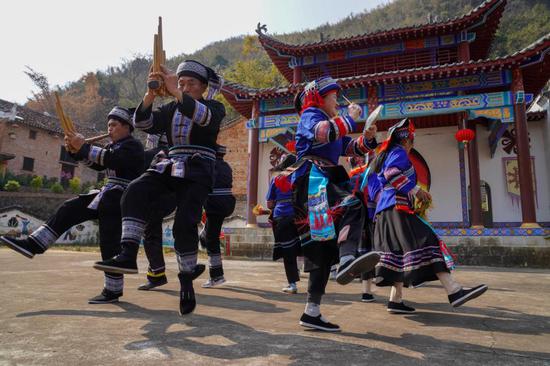
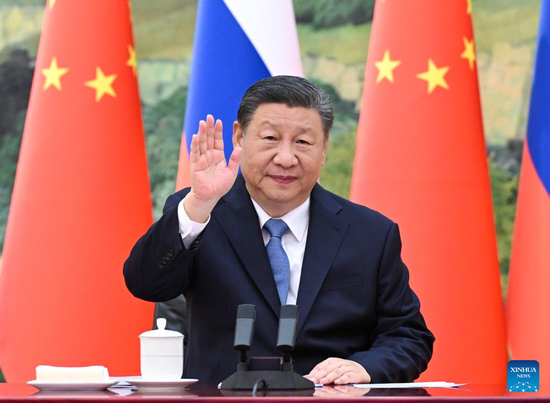
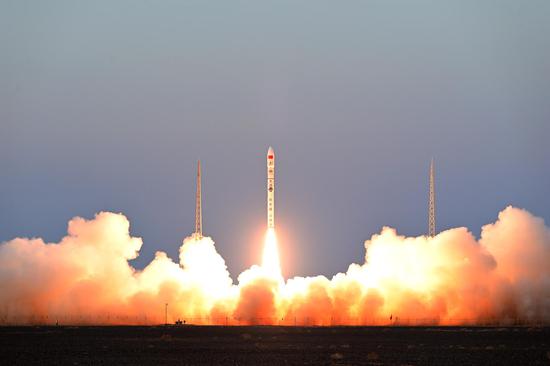
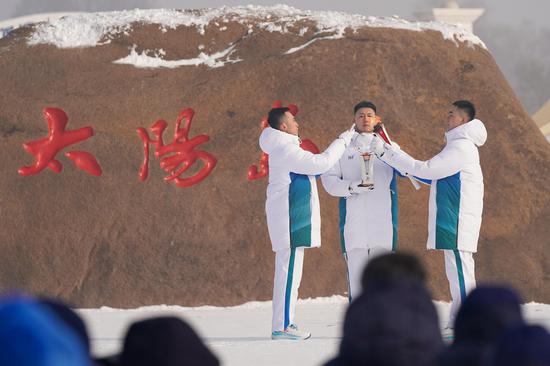


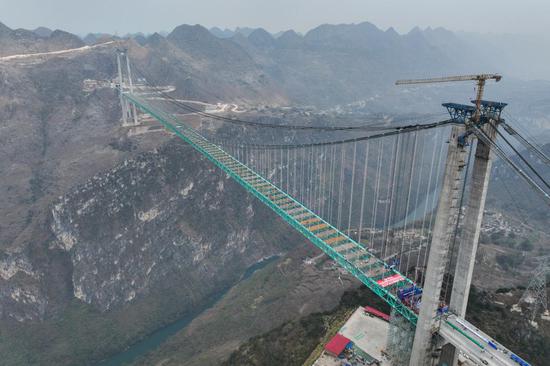




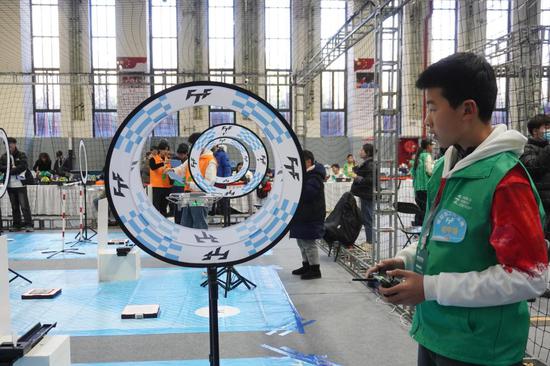


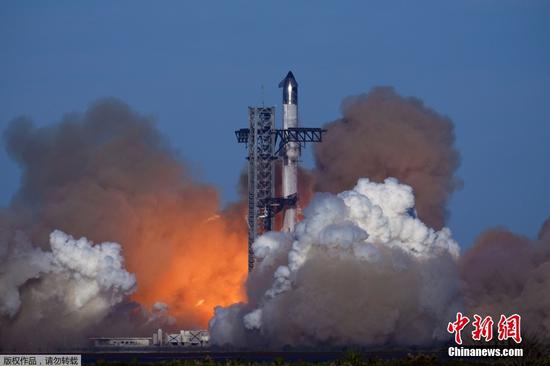

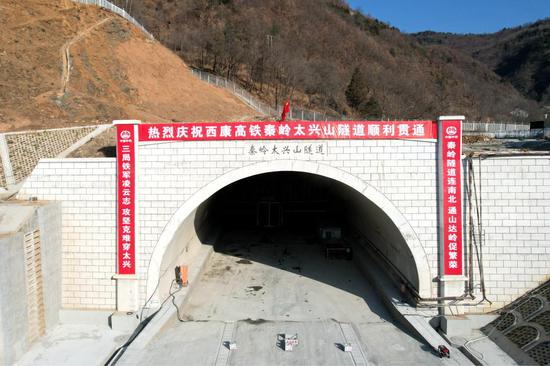
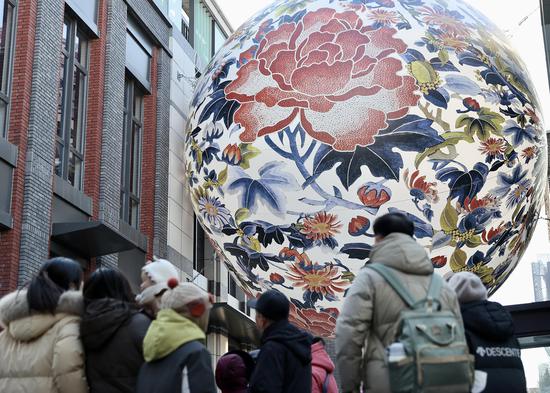

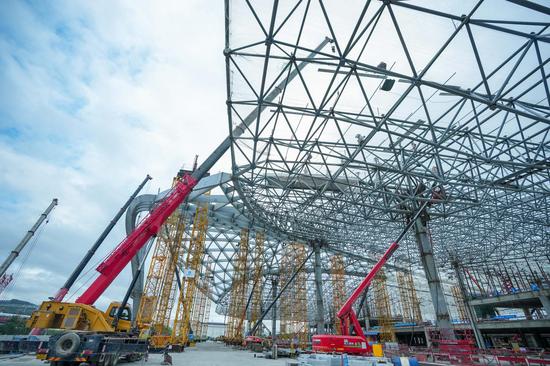
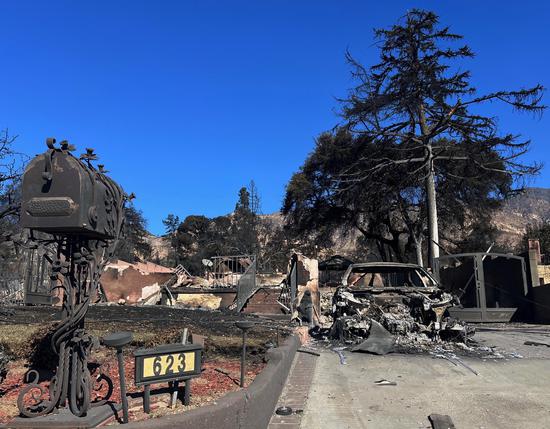
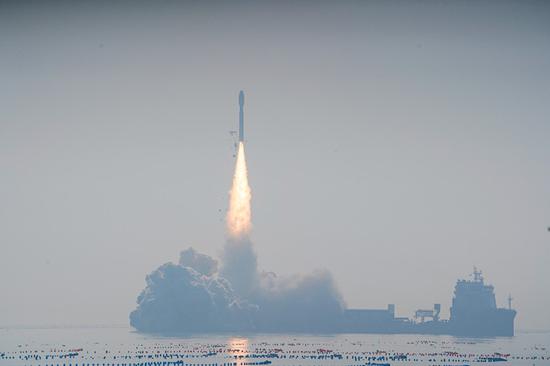



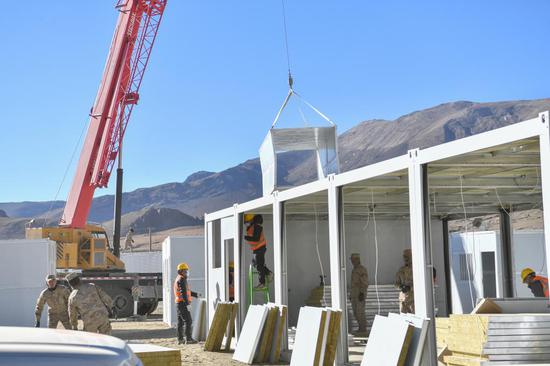



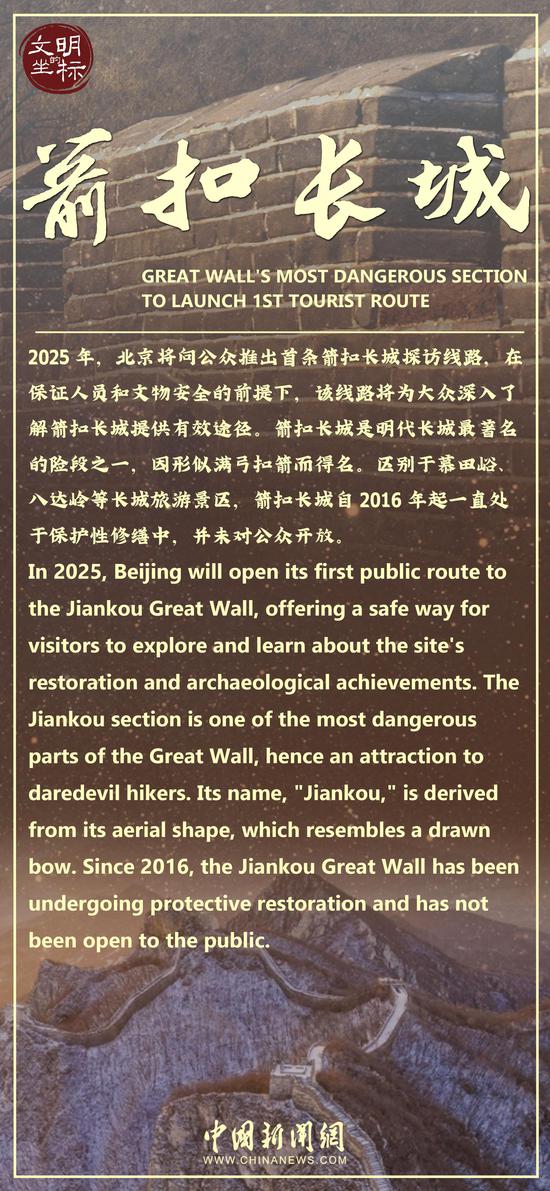
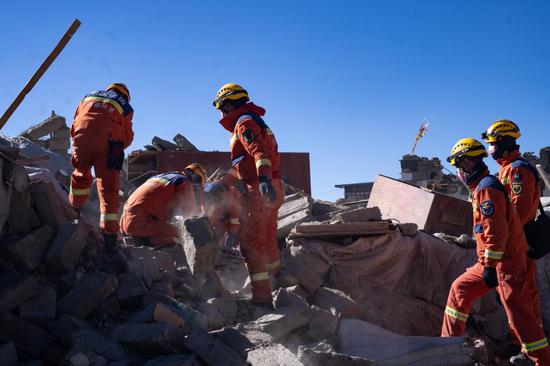





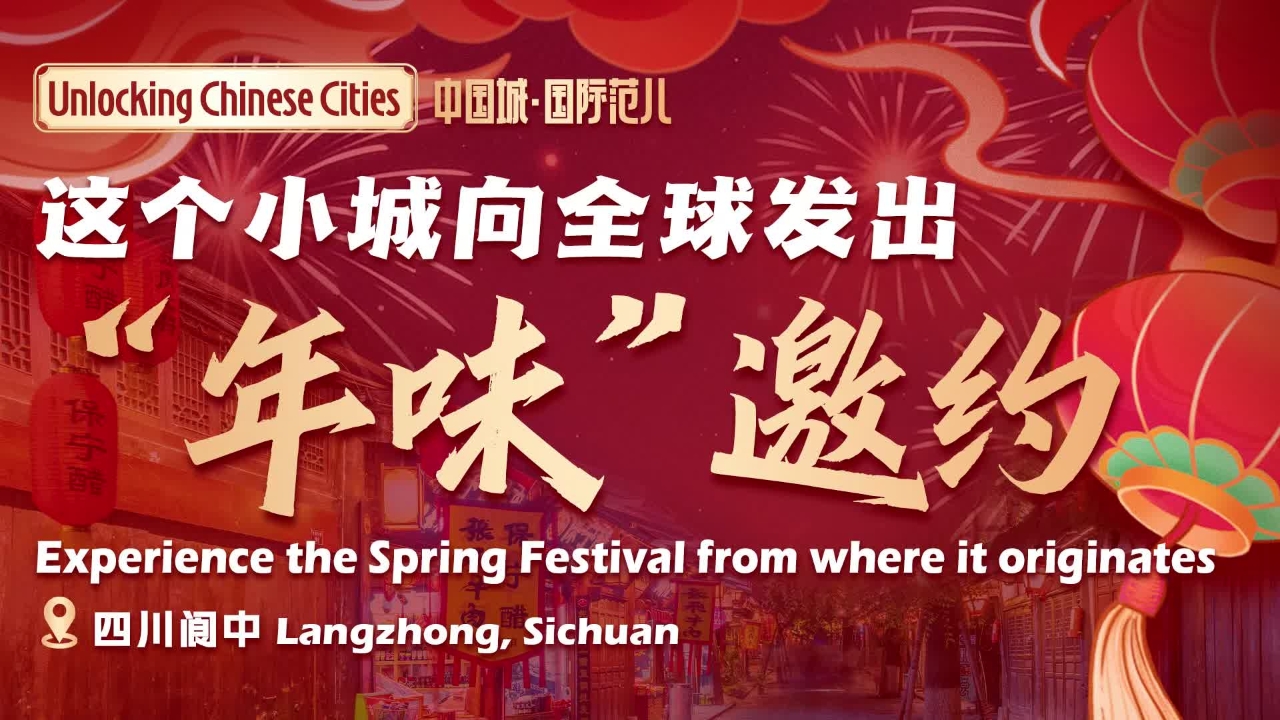



 京公網(wǎng)安備 11010202009201號(hào)
京公網(wǎng)安備 11010202009201號(hào)